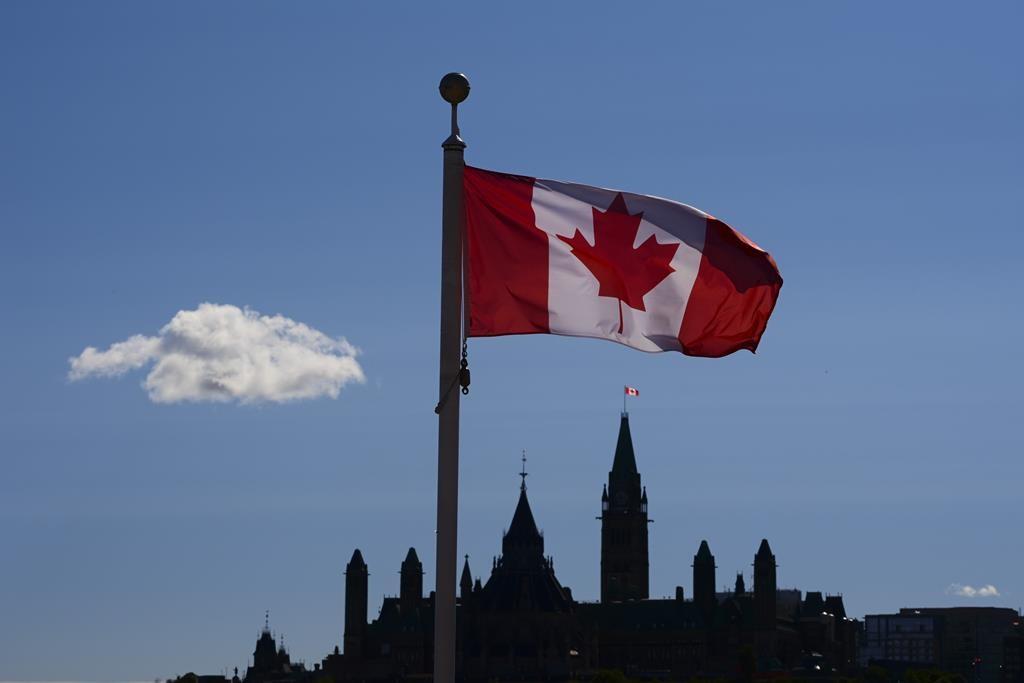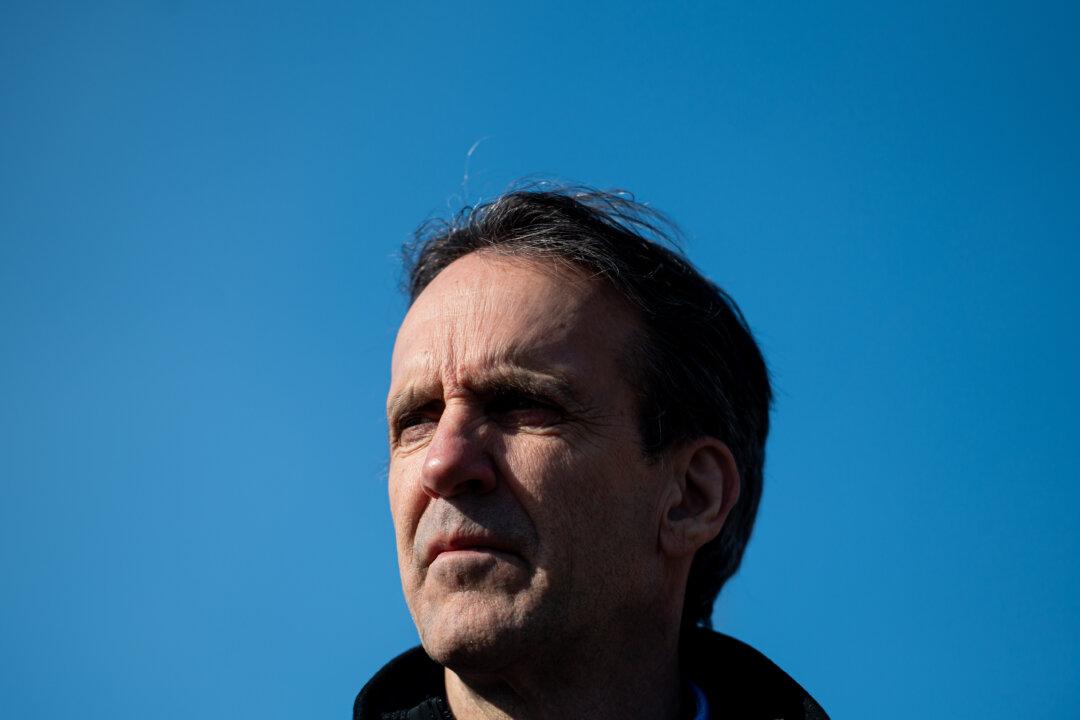More than a month after the end of the National Citizens’ Inquiry (NCI), which examined the government’s response to the COVID-19 pandemic, the lead legal counsel says a report on the findings will soon be released and the group is considering other ways to continue spreading the word.
“The intention really was just to hold the hearings, see what recommendations the commissioners come up with, and then, where appropriate, try and get those implemented,” said Shawn Buckley, principal lawyer for Buckley and Company and lead legal counsel for the NCI.





